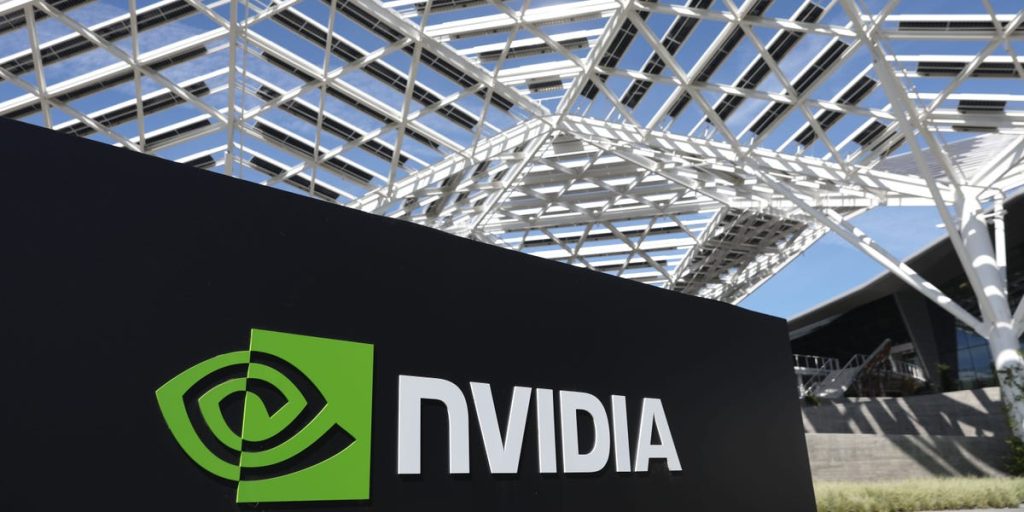- Nvidia creates the high-powered chips used for AI trailblazers like ChatGPT and Bard.
- It’s not adopted the strict return-to-office mandates enforced by some Silicon Valley firms.
- CEO Jensen Huang, who’s worth $40 billion, is “perfectly comfortable” with staff working from home.
Plenty of big tech firms in Silicon Valley have been trying to make their staff come back to the office once more – and often using all sorts of threats in the process.
But Nvidia, whose chips are powering the AI revolution, is not enforcing strict return-to-office mandates.
In 2020, CEO Jensen Huang told Venture Beat he was “perfectly comfortable” with staff working from home three or four days a week for as long as they wanted to.
And while many CEOs have about-turned on their pro-WFH stances, Nvidia has stuck by this flexible policy.
Beau Davidson, its vice-president of employee experience, told Commerical Observer that flexible work helped attract and retain staff. He called it “a way for employees to balance their personal and work obligations, while preparing for the future, so they can focus on doing their life’s work.”
Nvidia was “seeing a healthy and growing flow of employees coming on campus,” Davidson added.
Yet the companies snapping up Nvidia’s chips don’t all agree.
Mark Zuckerberg, the CEO of Meta, which has built a supercomputer containing 16,000 of Nvidia’s A100 GPUs, has imposed a stringent policy requiring almost all employees to return to the office for most of the week. Attendance will be monitored and staff disciplined, or even fired, for failing to comply.
Likewise, Sam Altman, CEO of ChatGPT creator OpenAI and another core Nvidia customer, said in May that “remote work is over” and staff needed to get back to the office.
But Nvidia’s astounding growth undermines the claims made by some Silicon Valley bigwigs.
The scramble for the chips that provide the computing power needed for AI’s large language models has sent Nvidia’s stock soaring this year, leaving it worth $1.1 trillion.
The company is aiming to significantly increase production next year, to between 1.5 million to 2 million units.
Even though the US doesn’t let Nvidia sell its chips to China, they’re so coveted that Chinese firms have been buying them on the black market in Hong Kong, Reuters reported.
Despite the company’s relaxed approach to working-from-home, Nvidia’s vast $900 million headquarters, which opened in Santa Clara in 2022, could tempt some employees back to the office.
Named Voyager, after “Star Trek,” the headquarters offers every employee views of nature and is designed so they don’t feel boxed in, CNET reported.
Read the full article here





